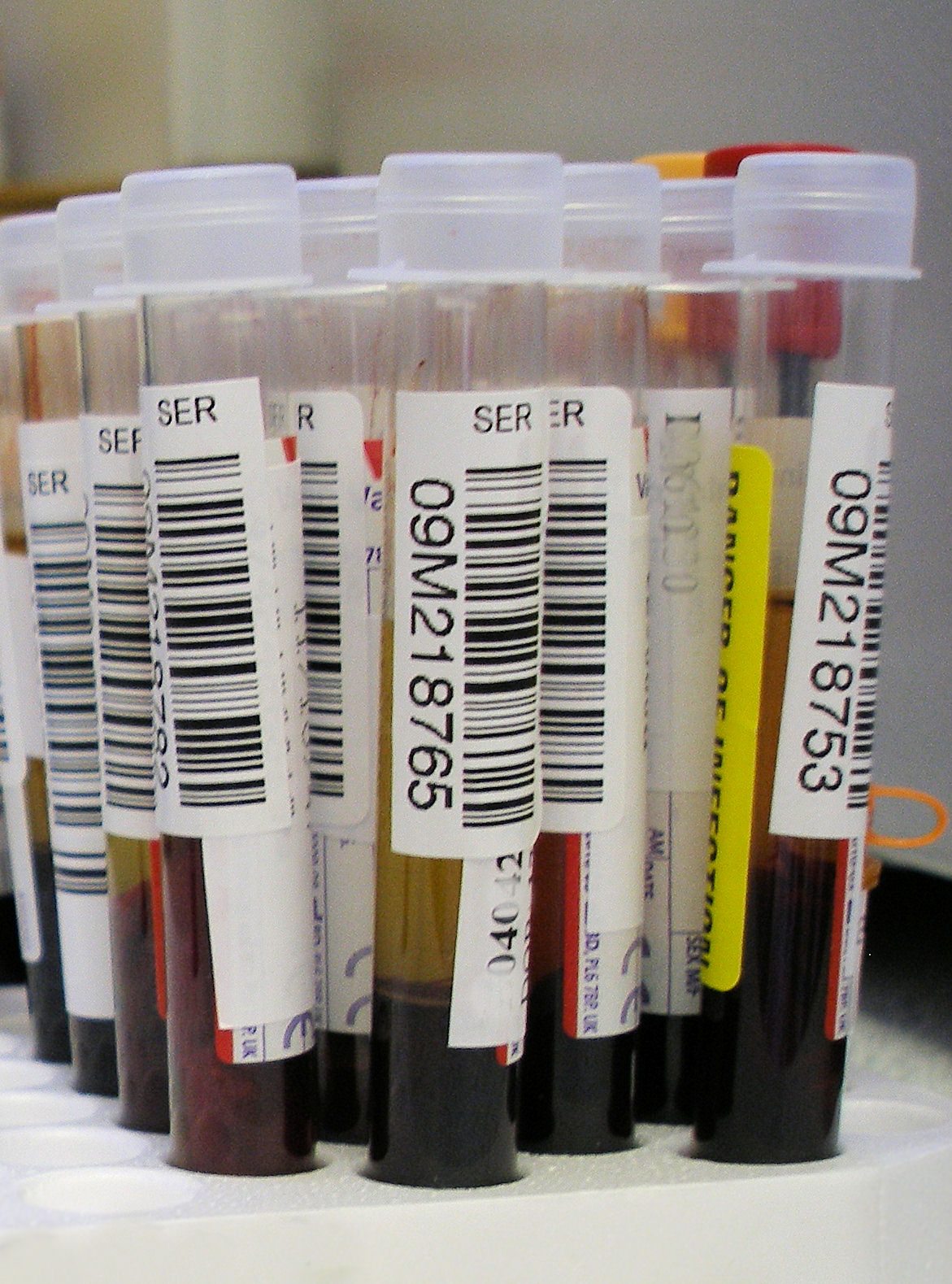Results for: cancer screening

Prostate Cancer Dilemmas: To Test or Not to Test, To Cut or Not to Cut
Diagnosing prostate cancer based on the prostate-specific antigen (PSA) test is a tricky proposition. The cancer itself can be slow-growing, and the treatment harmful. Medicine is complicated, particularly when it comes to cancer screening.
The Mind in Cancer: Low Quality Evidence from a High-Impact Journal
My science writing covers diverse topics but increasingly concerns two intertwined themes in cancer and psychology. First, I bring evidence to bear against an exaggerated role for psychological factors in cancer, as well as against claims that the cancer experience is a mental health issue for which many patients require specialty mental health interventions. Second, I explore unnoticed social and organizational influences...

Cancer care in the U.S. versus Europe: Is more necessarily better?
The U.S. is widely known to have the highest health care expenditures per capita in the world, and not just by a little, but by a lot. I’m not going to go into the reasons for this so much, other than to point out that how to rein in these costs has long been a flashpoint for debate. Indeed, most of the...
More Breast Cancer Awareness Month pseudoscience from (who else?) Joe Mercola
I have mixed emotions regarding Breast Cancer Awareness Month. On the one hand, I look forward to it because it provides us with a pretext to get out science-based messages about breast cancer and to highlight a lot of the cool science that we do at our cancer center. On the other hand, the quacks see an opportunity in Breast Cancer Awareness...
Skepticism versus nihilism about cancer and science-based medicine
Last Friday, Mark Crislip posted an excellent deconstruction of a very disappointing article that appeared in the most recent issue of Skeptical Inquirer, the flagship publication of the Committee for Skeptical Inquiry (CSI). I say “disappointing,” because I was disappointed to see SI (Skeptical Inquirer, not Sports Illustrated) publish such a biased, poorly thought out article, apparently for the sake of controversy....
Cancer prevention: The forgotten stepchild of cancer research?
The New York Times has been periodically running a series about the “40 years’ war” on cancer, with most articles by Gina Kolata. I’ve touched on this series before, liking some parts of it, while others not so much. In particular, I criticized an article one article that I thought to be so misguided about how the NIH grant system leads researchers...
Are one in three breast cancers really overdiagnosed and overtreated?
Screening for disease is a real pain. I was reminded of this by the publication of a study in BMJ the very day of the Science-Based Medicine Conference a week and a half ago. Unfortunately, between The Amaz!ng Meeting and other activities, I was too busy to give this study the attention it deserved last Monday. Given the media coverage of the...

Screening Tests – Cumulative Incidence of False Positives
It’s easy to think of medical tests as black and white. If the test is positive, you have the disease; if it’s negative, you don’t. Even good clinicians sometimes fall into that trap. Based on the pre-test probability of the disease, a positive test result only increases the probability by a variable amount. An example: if the probability that a patient has...
Cancer research: Going for the bunt versus swinging for the fences
A couple of weeks ago, our resident skeptical medical student Tim Kreider wrote an excellent article about an op-ed in NEWSWEEK by science correspondent Sharon Begley, in which he pointed out many misconceptions she had regarding basic science versus translational research, journal impact factors, and how journals actually determine what they will publish. Basically, her thesis rested on little more than a...
An all-too-common breast cancer testimonial for “alternative medicine”
One of the consistent themes of SBM since its very inception has been that, when it comes to determining the efficacy (or lack thereof) of any particular medicince, therapy, or interventions, anecdotes are inherently unreliable. Steve Novella explained why quite well early in the history of this blog, and I myself described why otherwise intelligent people can be so prone to being...

